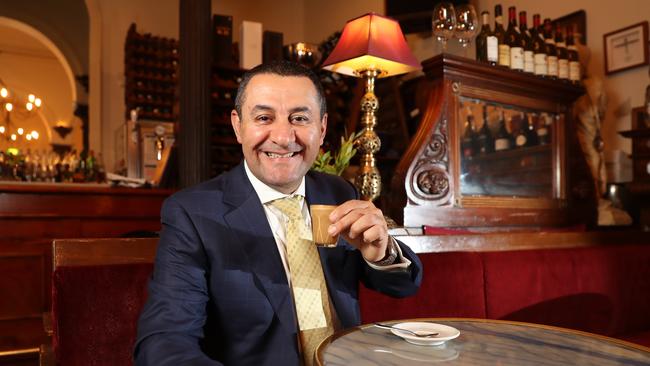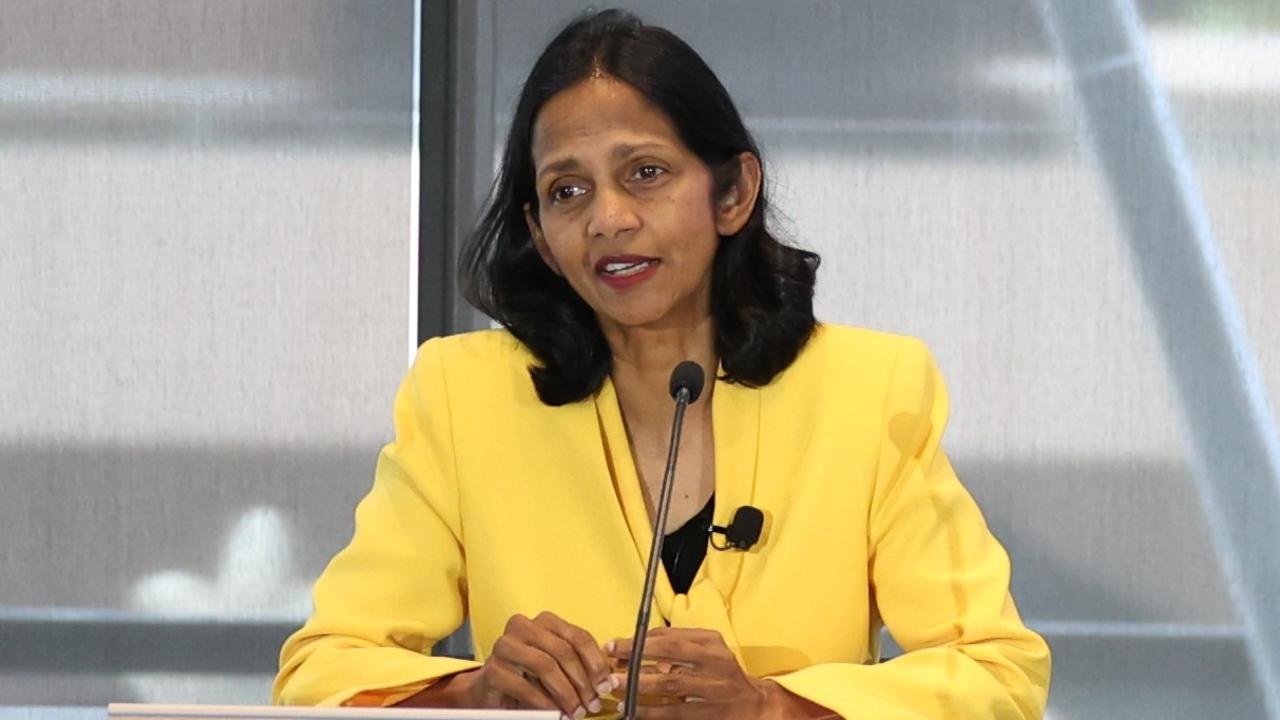Hostplus, Club Super mull merger
The nation’s top-performing industry superannuation fund has joined the rush of merger activity.

The nation’s top-performing industry superannuation fund, Hostplus, has joined the rush of merger activity in the $2.65 trillion super sector by announcing merger discussions with smaller Queensland-based hospitality industry fund Club Super.
The funds said on Tuesday they had entered into a memorandum of understanding to formally pursue discussions and undertake a comprehensive due diligence process, which is anticipated to lead to their respective trustees signing a successor fund transfer deed approving the deal.
Club Super caters to community clubs incorporating sporting, returned services, recreational and associated industries.
“We look forward to working with Club Super through this phase, during which our funds’ members and their employers will continue to receive the same high-quality service and outcomes they have come to expect of us,” said Hostplus chief David Elia.
Club Super chair Sharron Caddie said her group was keen to explore “how a merger of our funds, based on shared values, our all profit to member philosophy and focus and track record in serving the hospitality, clubs and allied sectors, would better serve our members and stakeholders both in Queensland and nationally.”
Both funds said their respective members and employers will be kept informed of the outcomes of the funds’ discussions once the opportunity has been fully explored.
The move comes as the Australian Prudential Regulation Authority has been encouraging smaller super funds to merge in an effort to stabilise the financial system. APRA currently regulates 118 retail funds, 38 industry funds, 24 corporate funds and 18 public sector funds.
In his final report following from the royal commission into the financial services sector, Kenneth Hayne proposed new powers for APRA that he said could be used to address stalled mergers between the nation’s super funds.
In April legislation passed the federal parliament giving APRA enhanced powers to force underperforming funds to merge.
A month later EquipSuper and Catholic Super, with a combined membership of 150,000, announced plans to merge their operations in a $26 billion deal to be completed by 2020.
Then last week motor trades industry fund MTAA Super and Tasmanian profit-for-members corporate fund Tasplan entered into a binding memorandum of understanding to investigate a merger which, if successful, would create a national superannuation fund worth more than $22bn with 328,000 members.
That came after Tasplan, Statewide Super and WA Super earlier in the week ditched plans for a potential merger to create a $24bn super fund, with Statewide Super chief executive Tony D’Alessandro claiming the integration challenges of a three-way deal were too formidable.
The three funds entered a memorandum of understanding in March to consider a merger.
Last year industry super fund Sunsuper completed a merger with rural fund AustSafe Super to create a group with 1.4 million members and $64bn under management. Then in April VicSuper and First State Super signed a non-binding memorandum of understanding to explore the benefits of a potential merger.
Last year the Productivity Commission estimated that mergers between the 50 highest-cost funds and the 10 lowest-cost funds could save at least $1.8bn.




To join the conversation, please log in. Don't have an account? Register
Join the conversation, you are commenting as Logout